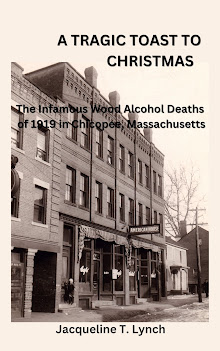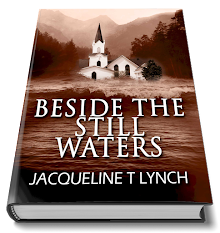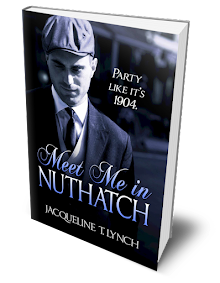Tuesday, January 29, 2013
Sue Bennett - On Live TV in Boston and New York
WBZ-TV in Boston, which was New England’s first commercial television
station (it began operation in the summer of 1948), broadcast The Sue Bennett Show in 1954 and
1955. The station was affiliated with
NBC then. It was an era of adventure and
excitement on television, because it was still so new.
Sue Bennett’s TV career started promisingly. She had
appeared on the famous Your Hit Parade,
sponsored by Lucky Strike, and on other shows in the heady, nerve-wracking days
of live television. Soon, however, her career took a different turn, and by the
time of Boston’s The Sue Bennett Show,
was waning in the mid-1950s, mostly by her choice.
She had moved from New York, where the big TV shows were
produced, to Boston with her physician husband.
They raised two sons, and she occasionally hosted other local programs,
or appeared as a guest on talk shows or took studio voice-over work for TV and
radio commercials. The career that now
began to fade had started with the snap and sparkle of the Big Band Era and the
promise of sudden stardom that TV gives.
The threads of her career, woven into the story of early
live TV, is told by her son, Andrew Lee Fielding in his book The Lucky Strike Papers (Bear Manor
Media: Albany, GE, 2007). It’s a
splendid book, sensitively written, that chronicles the phenomenon of live TV,
and the musical variety type programs which are no longer with us.
He writes from his perspective as one who is taking a mental
and emotional journey back to a time only just a handful of years before he was
born--but it might as well have been a thousand years. He is like an archeologist of popular
history, as he examines artifacts of his mother’s career. The book is filled with interviews of many of
the figures of era, which he began interviewing in the late 1970s. They include Dorothy Collins, Snooky Lanson,
and Russell Arms of Your Hit Parade,
as well as bandleader Kay Kyser, Merv Griffin, Jack Leonard, Freddy Martin, and
many, many more.
We tread like explorers through the world of kinescope in
the days when shows produced in New York could only reach Chicago and points
west on a kinescope recording before there was a coaxial cable that far to
broadcast live. In the days when a new
TV set cost over $900 in 1949 dollars.
Technologically primitive by our standards, and cost prohibitive for purchasers of new sets, still the new media
commanded such interest that theatre towns were shocked to discover that once
TV came available to their areas, they experienced a drop in attendance. Movies, too.
Hollywood was panicked. For more
than one reason. We explore a world
where Red Channels had the power to destroy
careers.
Flitting through these images is Sue Bennett, a lovely young
singer of great talent. Her son grasps
at her image, but never holds it for long because the evidence of her career is
fragmented and time is getting away from him.
Mr. Fielding manages to write a very personal memoir about a
story that was not his own, and that is something wondrous. I found the book quite moving in several
passages. I especially liked his
references to the S.S. United States,
a ship on which his mother and several of the Your Hit Parade cast performed in a special episode, a magnificent
ship from the lavish days of transatlantic travel, whose fate the author
follows to its lonely decay in a berth on the Delaware River.
For those interested in the days of early television, this
book, filled with anecdotes and the details of excellent research, is a
valuable asset.
You can get your copy of TheLucky Strike Papers here at Amazon or at the official webpage here.
For now, have a listen to Big Band singer Sue Bennett singing with the Kay Kyser orchestra on “Let’s Choo, Choo, Choo to
Idaho”. (Don't forget to scroll down to the bottom of the blog and mute the music so you can hear the YouTube audio.)
Posted by
Jacqueline T. Lynch
at
5:36 AM
![]()
Labels: 20th Century, entertainment, literature, Massachusetts
Subscribe to:
Post Comments (Atom)










No comments:
Post a Comment